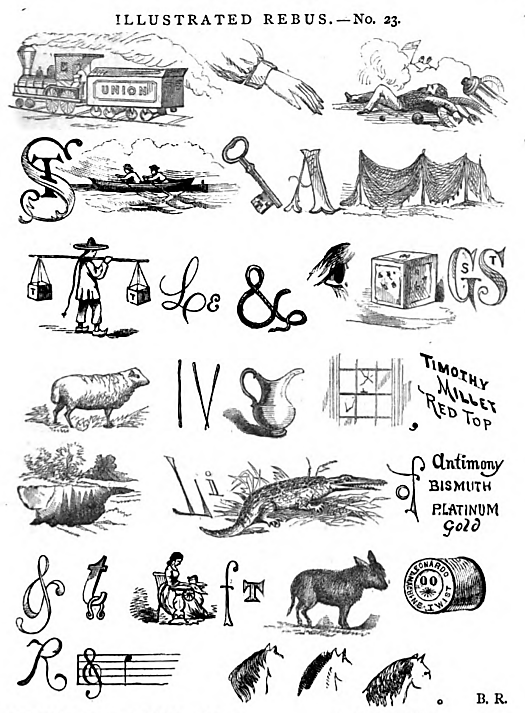The phrase to grasp the nettle means to tackle a difficulty boldly.
It stems from the idea that it takes some pluck to put to the test the belief that a nettle stings less painfully when seized tightly than when touched lightly.
The English author John Lyly (circa 1553-1606) seems to have implicitly referred to that idea in Euphues. The Anatomy of Wyt. Very pleasant for all Gentlemen to reade, and most necessary to remember: wherin are contained the delights that Wyt followeth in his youth by the pleasauntnesse of Loue, and the happynesse he reapeth in age, by the perfectnesse of Wisedome (London, 1578):
True it is Philautus that he which toucheth ye [=the] nettle tenderly, is soonest stoung, yt [= that] the Fly which plaieth with ye fire is singed in the flame, that he yt dallieth with women is drawen to his woe.
The Church of England clergyman and religious writer William Secker (died 1681?) used the image in relation to sin in The Nonsuch Professor in his Meridian Splendor, or the Singular Actions of Sanctified Christians. Laid open in Seaven Sermons at Allhallows Church in the Wall, London (London, 1660):
Sin its like a nettle that stings when its gently touched, but doth not hurt when its ruggedly handled.
The English author and entrepreneur Aaron Hill (1685-1750) used the image with reference to dealing with people in Verses written, on Windows in several Parts of the Kingdom, in a Journey to Scotland, published in The Works of the Late Aaron Hill, Esq (Volume 4 – London, 1753):
Tender-handed stroke a nettle,
And it stings you, for your pains:
Grasp it, like a man of mettle,
And it soft as silk, remains.’Tis the same, with common natures,
Use ’em kindly, they rebel:
But, be rough as Nutmeg-graters,
And the rogues obey you well.
The English philologist Robert Forby (1759-1825) glossed the phrase in the same manner in The vocabulary of East Anglia; an attempt to record the vulgar tongue of the twin sister counties, Norfolk and Suffolk, as it existed in the last twenty years of the eighteenth century, and still exists; with proof of its antiquity from etymology and authority (Volume 2 – London, 1830):
“Nip a nettle hard, and it will not sting you.”—i.e. Strong and decided measures prevail best with troublesome persons.
The first of the above-quoted stanzas by Aaron Hill was the answer to Illustrated Rebus.—No. 23, published in Round the Evening Lamp: A Treasury of Charades, Puzzles, Problems and Funny Things, in Our Young Folks. An Illustrated Magazine for Boys and Girls (Boston, Massachusetts) of July 1866:
Illustrated Rebus.—No. 23.
The answer was published in the August 1866 issue of Our Young Folks:
Tender-handed stroke a nettle,
And it stings you for your pains;
Grasp it like a man of mettle,
And it soft as silk remains.
[(Tender) (hand) (dead) s t (row) (key) A (net) (tea) l e, & (eye) (tea) (‘s t’ in ‘g s’) (ewe) (four) (ewer) (panes); (grass) (pit) l i (cayman) of (metal), & (eye) t (sow) f t (ass) (silk) R e (manes).]

